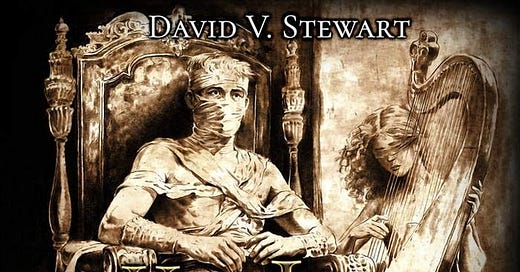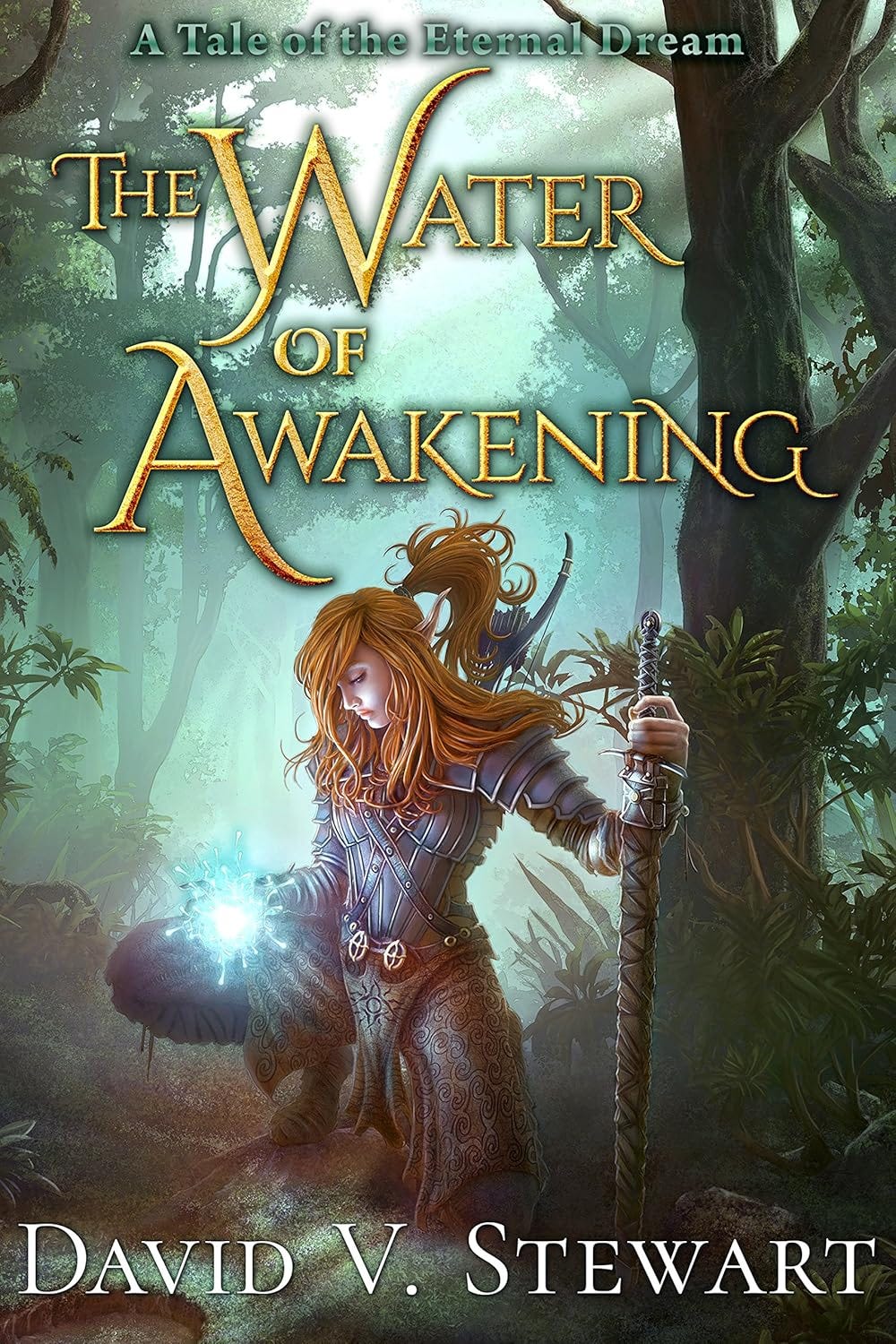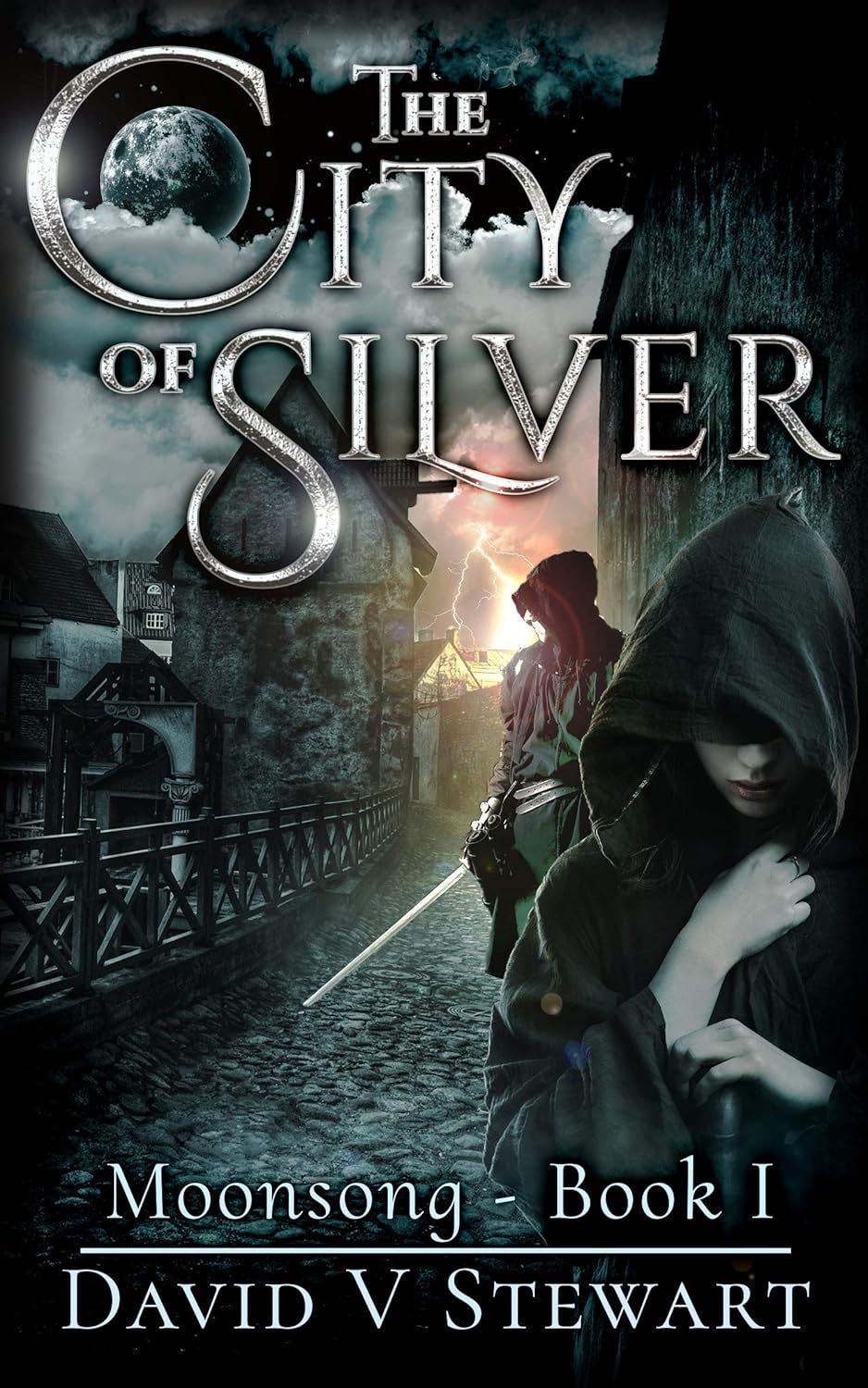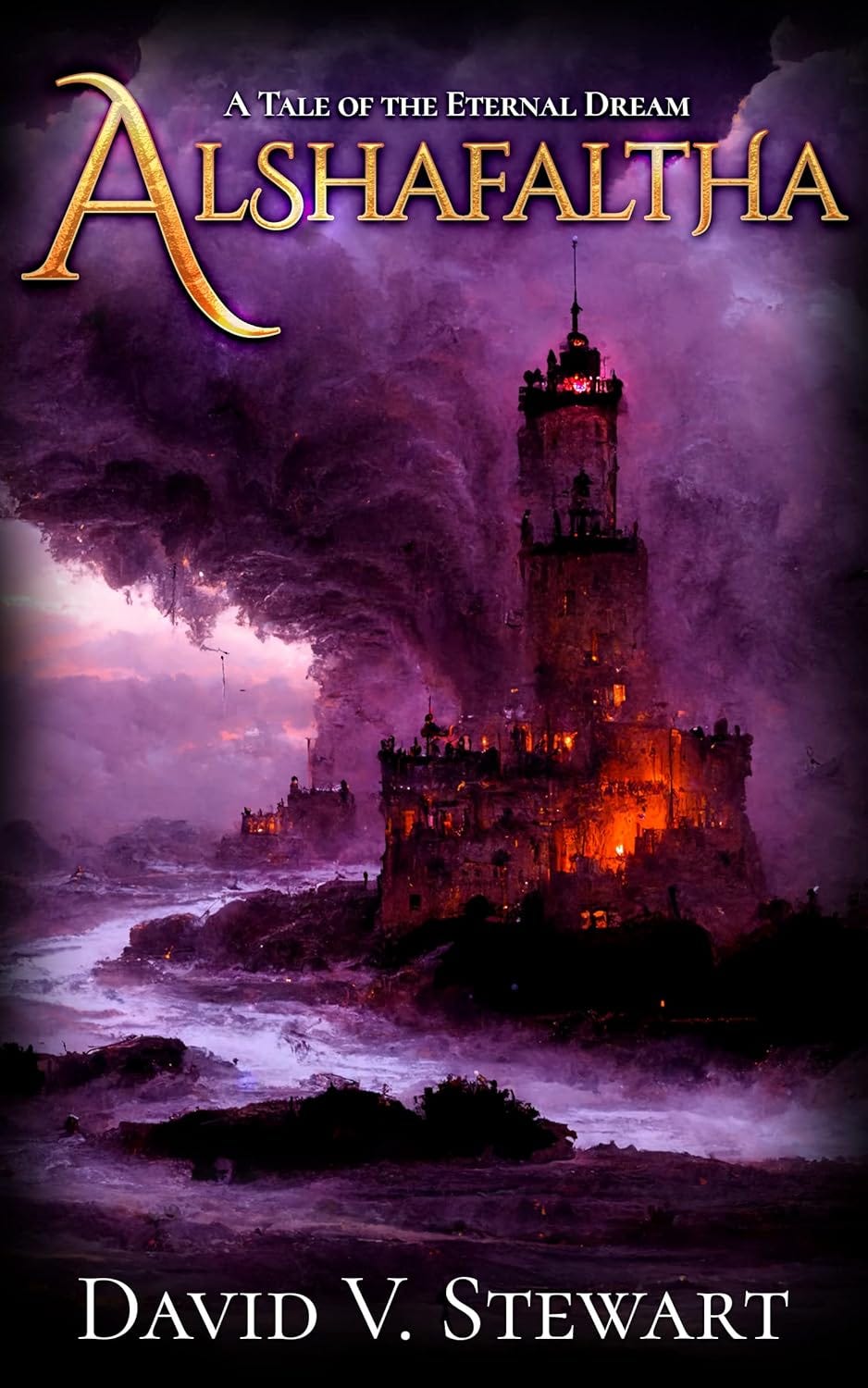Have you backed King Leper yet? We’re 300% funded, and you can still get your hands on a limited-edition hardback.
One of the most common modern tropes is also the most predictable, and that is the presence in a story of a church that is actually, or secretly, or even overtly, evil. One of my favorite games, Final Fantasy Tactics, contains this cliché, but I forgive it as when I first played the game, the setup hadn’t yet overplayed itself. Even the most recent game I completed, Unicorn Overlord, contains a variation of this.
Most commonly, the trope resembles this:
1. There is a church with a large amount of political, if not temporal, authority. It uses this to control people!
2. It is hiding a dark secret! Examples: the leader is actually undead or a demon, or the religion is totally false and made up so that powerful people can continue controlling or exploiting the populace.
3. The heroes discover the solution to the main conflict by tearing down the false church.
Japanese media uses the evil church often (even in other Final Fantasy games), which, on the surface, is perplexing since their cultural and religious traditions do not include organizations that resemble the Catholic Church. However, I think the presence of a church of evil is the result of a general interest in history, and when we examine history, we find that political machinations often cross into the political and even military. This is particularly true of Renaissance Italy, with such famous families as the Borgias both controlling the hierarchy of the Catholic Church and running a military that was loyal to the pope. A quick trip through Byzantine history will reveal various intersections that are no less interesting, though they are not usually as tantalizing as the time and place that gave rise to Machiavelli.
Japan also, not being particularly Catholic, is likely full of writers who are not catholic while the country is peopled by consumers who are not offended by the trope. When writing medieval fantasy, where there needs to be a degree of political complexity for the protagonists to struggle against, it’s easy to add the church to the list of players. In these sorts of stories (of which Final Fantasy Tactics is one), Machiavellianism is the rule. Many sides are willing to get their hands dirty to achieve their goals and the division between good and evil lies mostly in the heroes and not the world through which they are adventuring.
The West, however, has had an increasing attachment to this now-boring twist in a story. This explanation is a bit more straightforward. Western media corporations are increasingly staffed by people who hate Christianity and, especially, the Catholic Church. They have contempt for believers and, as the society has secularized, feel emboldened to tell stories that deride the Church or propagandistically cast it as a devil in a fictional play. The examples are too numerous to list, but the turning point for this trope was probably Dan Brown’s fast-food novel The DaVinci Code, followed by Ron Howard’s adaptation in 2006. There was plenty of anti-church propaganda before that, but the DaVinci Code was the full trope in play, including a “dark secret” the church wants to hide for…reasons.
This sort of thing spills over into fantasy gaming readily as most fantasy uses the medieval as its starting point. Dragon Age started with a fairly straightforward church called the “Chantry,” but with the first sequel, the writers could not help but make the institution corrupt and run by the wicked. World of Warcraft has the Scarlett Crusade—run by demons (but to be fair, they also have a good church, too). Dungeons and Dragons has slowly turned the Paladin into a non-worshipping good guy of, like, ideals and stuff, because taking the gods seriously is super icky. Diablo IV’s entire plot revolves around an angel and his church being totally really the bad guys and the demons…Well, they’re still bad, but…you know, they have a point… Um, just kill Lilith since we don’t have anything else to say here.
It is not, however, merely the secularization of culture that has allowed this trope to flourish like ragweed. The “evil church” is always a stand-in for the Catholic Church (while protestants find their stand-ins in the form of cult leaders and retarded rednecks). That anti-Catholicism is a defining trait of most Protestantism, so the waters of secular hate were fed by streams of protestant mythologizing regarding European history and the Church. Modern media just takes an old way of viewing history and runs with it. “The reformation happened because the Church had become corrupt” seems sensible unless you view it (all of it, including the radical reformation) in the context of politics at the time. Pope Alexander VI (Rodrigo Borgia) was notorious, but a large part of what we read about him is likely the Renaissance equivalent of the Trump Piss Dosier—obviously salacious fluff designed to discredit a political opponent. One must have a critical eye when reading reports of the Borgia’s delighting over watching stallions mate or forcing disrobed women to pick nuts up off the floor. History is inherently a storytelling medium and yellow journalism is nothing new.
Alexander VI’s complex political machinations, we must remember, were coming after a long period of internal Church conflict in which the papacy itself was more or less held prisoner in France, causing a temporary papal schism. If it weren’t for the Borgias, it is possible the French would have conquered Italy and torn the church apart yet again. This period is certainly inspiring, but one cannot easily come away thinking that the Church was hiding some special dark secret or existed to cage the minds of the people. That idea came much later, in the Enlightenment, and like the abstract mythologies of the reformation, has percolated into general culture mimetically.
I think what restrained prior writers was a general concern for the customer. Many old Christmas songs were written by Jews. Why? Because they were more focused on what clients might like than their own personal beliefs. “Jewish Hollywood” was able to make classics like Ben Hur and The Robe (both directed by Jews). The point was to please, not to harangue, not to demoralize. The transition from a consumer-focused industry to corporate hegemonies repurposed to propaganda machines is detailed more in my series, The Corporate Period in the Arts. In brief, over time, corporations became attractive as a means to gain power over the culture rather than a place to make money.
We are now at a point where the evil church trope is so boring and expected it is a set piece of standard narrative rather than a subversive variation or plot twist. The church being secretly evil is now the default, and it is very rare to see any religious person portrayed as a genuinely kind or intelligent person.
On the Japanese side, there is one portrayal of the church that I find genuinely funny, and that is Hellsing. In it, the church has a dark secret…It’s actually badass and genetically engineers priests to kill monsters. And there is a Protestant Church they are fighting (funny, because there is no such thing, but Kouta Hirano likely didn’t know or care). And they all kill the robot fake vampire nazi army using real vampires and very large guns. At least he had some fun with it!
Don’t forget to back the King Leper Campaign, where religion isn’t just a trope.
I am an independent artist and musician. You can get my books by joining my Patreon, and you can listen to my current music on YouTube or buy my albums at BandCamp.









I was always able to give the Japanese a pass on this because it was obvious they didn't understand what they were writing about. Even ones that put a positive spin on Christianity, like Saint Tail, were so laughably off that I couldn't take any of it seriously. And you know all about Hellsing.
(In Saint Tail, the superheroine magician helps people who went to Church to hear "confessions" from her young best friend, a "nun in training" who then tells the gist of the confessions to Saint Tail. There is sooooo much wrong with that... but you can tell the writer is trying to portray it positively. Then the girls pray together and Saint Tail springs into action.)
But... I can't give Westerners a pass. They just drip hatred, not mere misunderstanding. You could not have told me 30 years ago that there would be an anime based on Castlevania... not only that, but Castlevania 3!... that I would refuse to watch.
I made it through Simon Belmont in Captain N and still enjoyed that show. Nothing could be as bad as that... and yet, Netflix Castlevania exists, chock full of Dracula is the misunderstood good guy, the Catholic Church is mustache-twirlingly evil, and sprinkling in children being ripped apart on camera and some bestiality talk. I didn't make it to the second episode. I'm actually mad that the show exists, because it would be better if it simply didn't.
The one that hurt most recently for me was actually The New Mutants movie, 85% of which really did feel fresh among all the cookie-cutter superhero movies lately. I could have really loved that as a B horror movie superhero movie... and yet the other 15% was so ridiculously insulting to Christians that I'm never going to watch it again.
And there really was great tension in the original comics with Wolfsbane, still being devout to God but also having had a bad priest, that was relatable at the time, and that could have been done well on screen.
I do wonder, if things turn around, if we will ever get companies who want money enough that they'll self-edit and sell these films without the ridiculous anti-Christian pandering. But, alas, I'm not holding my breath on that one.
(So, of course, I, like many others, are creating their own stories. But it's better off if Hollywood never wants to touch them, or anything else that's actually good.)
My apologies for my long winded reply. As an aside, I have heard of the notion of what gets called "Protestant Propaganda". Despite being Protestant myself, I have no delusions about my sect and am willing to discuss this at length.
I have also heard that Protestant views of history get appropriated by Secularists wanting to cast a "superstitious" blanket on faith as a whole. Other concepts like the Trinity also get appropriated and Secularized to create the "straight line of progress"(from the Trinitarian view of history) which serves as a cornerstone of enlightenment thought.
I would say that "Enlightenment Ideals" this Godless train of thought, which plagues the world currently, likely emerged originally as an extreme counterreaction to all of the sectarian conflict that took place. Rather than God, the notions that began to emerge was a worship of the self, ascribing Divinity to the human mind. This can be felt if one looks at the rhetoric of the New Atheists in particular, though Voltaire doesn't differ much in this regard.
If I would also disagree about one other thing, there was nothing necessarily that held companies or creators back in prior decades when it came to blasphemy. They simply use the common Deist tactic of espousing vulgarities toward scripture but ending it with "I still believe in God".
One example that comes to mind is Life of Brian. I've seen apologetics given, even from Christians, stating that it is not an anti-Christian film because of the Jesus scenes. Yet if you took out those scenes, what would you be left with? A film that mocks the Bible, specifically, the New Testament topped off with a nihilistic message that it makes no effort to hide.
It's a very important subject, one that deserves a lot of coverage.